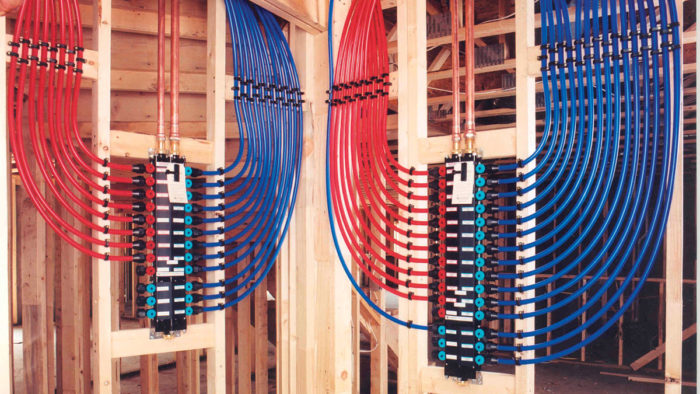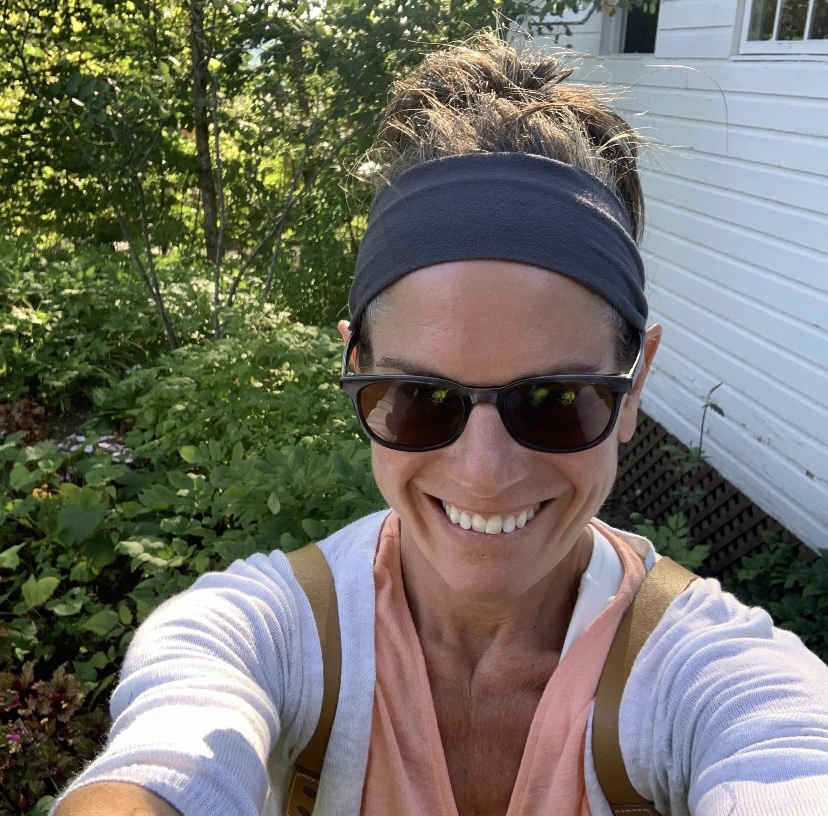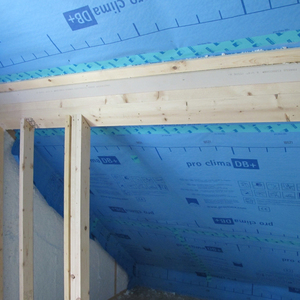
This episode of the BS* + Beer show features HVAC expert, Energy Vanguard founder, and long-time GBA contributor Allison Bailes. He tackles the topic of hot water systems—from tank to distribution network to the components between. He covers inputs/outputs, water heater types, manifold options, the reason hot water takes so long and what to do about it, hammer arresters and expansion tanks, the “hot water rectangle,” Legionnaires’ disease, and audience questions.
Enjoy the show!
Special announcement
There will be two BS* + Beer Show episodes recorded live from the 2022 International Builders’ Show (IBS). On Tuesday, February 8, the Brew Crew will host Michael Anschel and Carl Seville to dig into “A Home’s Four Control Layers.” On Wednesday, February 9, they will be joined by Joe Lstiburek and Christine Williamson to tackle the questions: “What Has Changed in Our Industry & Where Are We Headed?” Both episodes will air 3-4:30 p.m. ET.
New schedule for The BS* + Beer Show
We are moving to a monthly program. Going forward, episodes will air the first Thursday of the month beginning on March 3, 2022, from 6-7:30 p.m. ET, when we will talk about the “Nuts and Bolts of Solar Installations” with Vaughn Woodruff and Will Field of ReVision Energy. Our last discussion on solar power centered around storage and backup. Many in the audience had questions related to getting arrays onto roofs and systems up and running. We figured that would make an excellent show topic, and Vaughn and Will are the ideal experts to lead the conversation.
Bios
Vaughan Woodruff is the director of the ReVision Energy Training Center, ReVision’s innovative workforce development arm. He joined us in early 2021, when ReVision joined forces with Insource Renewables, the company Vaughan founded. His experience in the local and national solar industry is broad. He was chair of Maine’s Solar Industry Trade Association during the height of policy battles. He was lead instructor for the U.S. Department of Energy’s Solar Instructor Training Network in New England and New York, where he developed and delivered training to assist instructors from high schools, community colleges, labor unions, and universities to integrate solar into their technical training programs. He has also developed and delivered solar training for Solar Energy International and Heatspring and provided code official training to inspectors and solar professionals throughout New York for the Interstate Renewable Energy Council and NYSERDA.
Will Field is a solar design specialist at ReVision Energy. Will started in the renewable energy field as a solar installer and project manager before joining ReVision. He enjoys the meaningful work of helping homeowners design and achieve their energy-transition goals, while working with a team of like-minded employee-owners in a challenging and often-shifting clean tech landscape.
Use this link to register for The BS* + Beer Show
____________________________________________________________________
Kiley Jacques is senior editor at Green Building Advisor.
Weekly Newsletter
Get building science and energy efficiency advice, plus special offers, in your inbox.











2 Comments
“[Deleted]”
Think I might have been the one Allison was referring to regarding asking about him setting his temp to 120 degrees. Don't mean to be like most commenters in trying to bash, or put someones ideas/work down.. more just trying to learn and discuss (hope my comments don't come off the wrong way). When I installed my Rheem HPWH I did some reading by plumbers, etc to figure out if leaving it at the factory set 120 was okay. I came across thing article:
https://www.ncbi.nlm.nih.gov/pmc/articles/PMC2094925/
". In Quebec, a study of 211 homes (178 electric water heaters, 33 oil or gas water heaters) found Legionella contamination in 40% of electric water heaters. No water heaters using fossil fuels were contaminated (5). The authors concluded that, because of design variables, use of an electric water heater was the most significant factor leading to Legionella contamination in hot water (5) in the home."
I agree with him that temps will be low in pipes, etc.. but I would assume if you have a larger concentration in your tank, then the risks are higher?
Also, I could be wrong here.. but I feel like a reason we have not seen this be much of a problem is because most people are still using fossil fuel heaters that get the entire tank to 140 at some point during a day. My Rheem.. the bottom of the tank only gets up to the 120 range when set at 140 (the highest setting). Don't know if this is anything to worry about or not?
Anyone else have any thoughts/experiences/research on this?
Log in or create an account to post a comment.
Sign up Log in